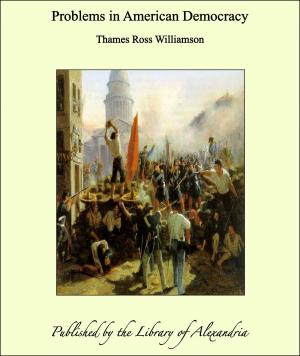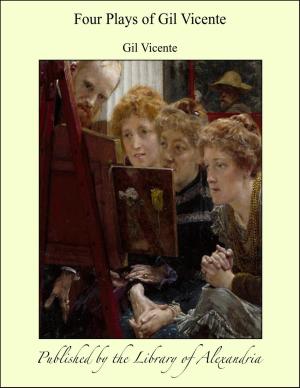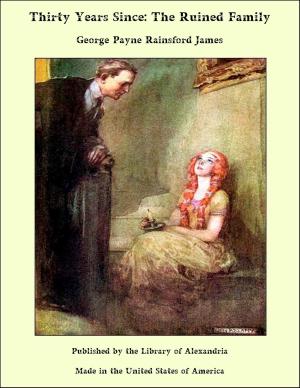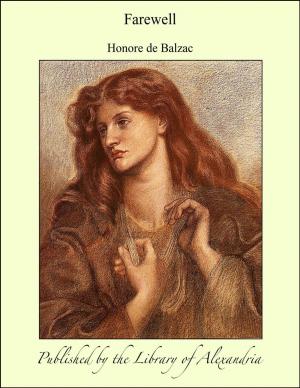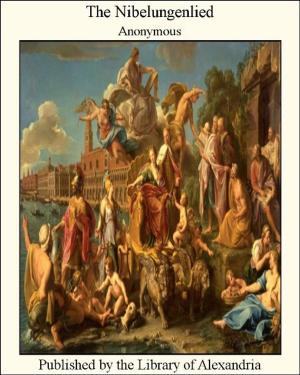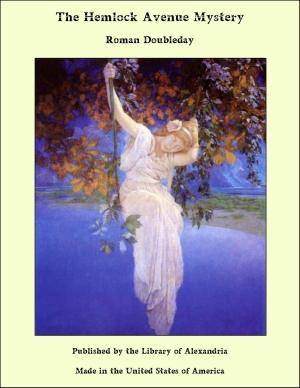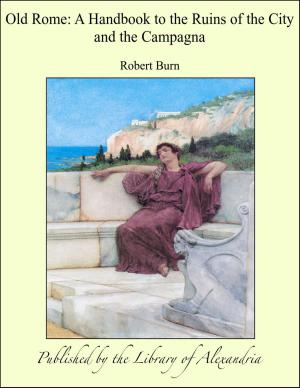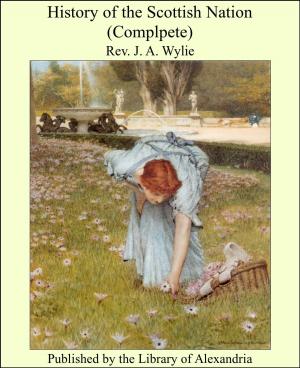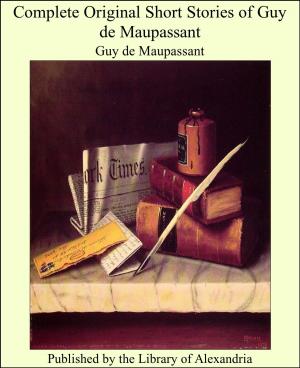A History of Sanskrit Literature
Nonfiction, Religion & Spirituality, New Age, History, Fiction & Literature| Author: | Arthur A. MacDonell | ISBN: | 9781465581402 |
| Publisher: | Library of Alexandria | Publication: | March 8, 2015 |
| Imprint: | Language: | English |
| Author: | Arthur A. MacDonell |
| ISBN: | 9781465581402 |
| Publisher: | Library of Alexandria |
| Publication: | March 8, 2015 |
| Imprint: | |
| Language: | English |
It is undoubtedly a surprising fact that down to the present time no history of Sanskrit literature as a whole has been written in English. For not only does that literature possess much intrinsic merit, but the light it sheds on the life and thought of the population of our Indian Empire ought to have a peculiar interest for the British nation. Owing chiefly to the lack of an adequate account of the subject, few, even of the young men who leave these shores every year to be its future rulers, possess any connected information about the literature in which the civilisation of Modern India can be traced to its sources, and without which that civilisation cannot be fully understood. It was, therefore, with the greatest pleasure that I accepted Mr. Gosse’s invitation to contribute a volume to this series of Literatures of the World; for this appeared to me to be a peculiarly good opportunity for diffusing information on a subject in which more than twenty years of continuous study and teaching had instilled into me an ever-deepening interest. Professor Max Müller’s valuable History of Ancient Sanskrit Literature is limited in its scope to the Vedic period. It has long been out of print; and Vedic research has necessarily made great strides in the forty years which have elapsed since its publication. The only book accessible to the English reader on the history of Sanskrit literature in general has hitherto been the translation of Professor Weber’s Academical Lectures on Indian Literature, as delivered nearly half a century ago at Berlin. The numerous and often very lengthy notes in this work supply the results of research during the next twenty-five years; but as these notes often modify, or even cancel, the statements of the unaltered original text of 1852, the result is bewildering to the student. Much new light has been thrown on various branches of Sanskrit literature since 1878, when the last notes were added to this translation, which, moreover, is not in any way adapted to the wants of the general reader. The only work on the subject appealing to the latter is the late Sir M. Monier-Williams’s Indian Wisdom. That book, however, although it furnishes, in addition to the translated specimens, some account of the chief departments of Sanskrit literature, is not a history. There is thus distinctly a twofold demand in this country for a history of Sanskrit literature. The student is in want of a guide setting forth in a clear and trustworthy manner the results of research down to the present time, and the cultivated English reader looks for a book presenting in an intelligible and attractive form information which must have a special interest to us owing to our close relations with India.
It is undoubtedly a surprising fact that down to the present time no history of Sanskrit literature as a whole has been written in English. For not only does that literature possess much intrinsic merit, but the light it sheds on the life and thought of the population of our Indian Empire ought to have a peculiar interest for the British nation. Owing chiefly to the lack of an adequate account of the subject, few, even of the young men who leave these shores every year to be its future rulers, possess any connected information about the literature in which the civilisation of Modern India can be traced to its sources, and without which that civilisation cannot be fully understood. It was, therefore, with the greatest pleasure that I accepted Mr. Gosse’s invitation to contribute a volume to this series of Literatures of the World; for this appeared to me to be a peculiarly good opportunity for diffusing information on a subject in which more than twenty years of continuous study and teaching had instilled into me an ever-deepening interest. Professor Max Müller’s valuable History of Ancient Sanskrit Literature is limited in its scope to the Vedic period. It has long been out of print; and Vedic research has necessarily made great strides in the forty years which have elapsed since its publication. The only book accessible to the English reader on the history of Sanskrit literature in general has hitherto been the translation of Professor Weber’s Academical Lectures on Indian Literature, as delivered nearly half a century ago at Berlin. The numerous and often very lengthy notes in this work supply the results of research during the next twenty-five years; but as these notes often modify, or even cancel, the statements of the unaltered original text of 1852, the result is bewildering to the student. Much new light has been thrown on various branches of Sanskrit literature since 1878, when the last notes were added to this translation, which, moreover, is not in any way adapted to the wants of the general reader. The only work on the subject appealing to the latter is the late Sir M. Monier-Williams’s Indian Wisdom. That book, however, although it furnishes, in addition to the translated specimens, some account of the chief departments of Sanskrit literature, is not a history. There is thus distinctly a twofold demand in this country for a history of Sanskrit literature. The student is in want of a guide setting forth in a clear and trustworthy manner the results of research down to the present time, and the cultivated English reader looks for a book presenting in an intelligible and attractive form information which must have a special interest to us owing to our close relations with India.

